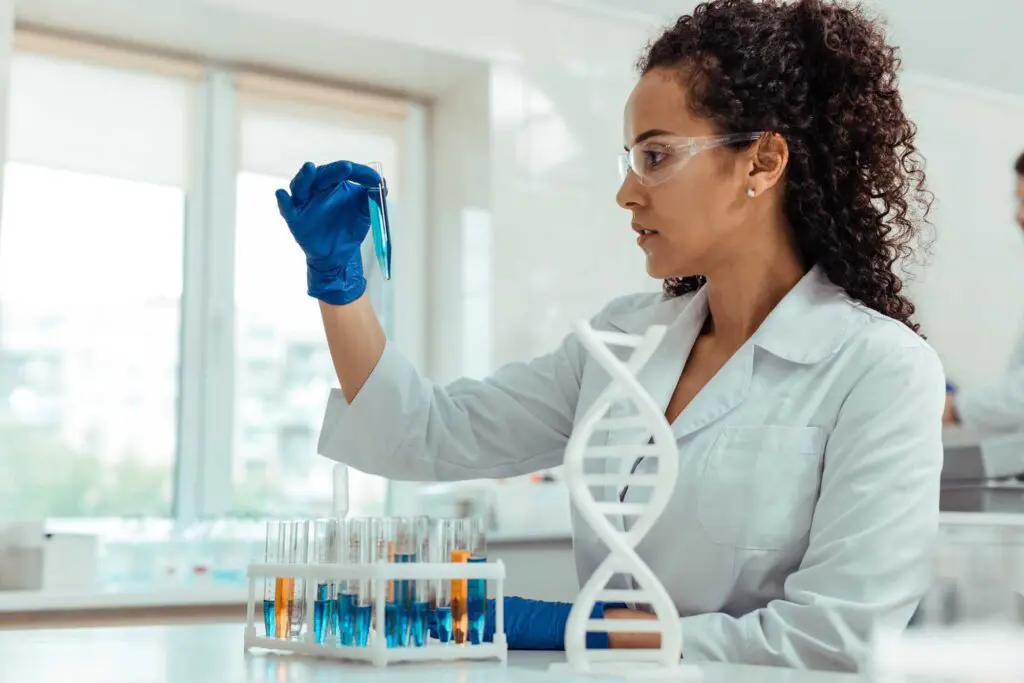
- Service
Research Programs
We pursue high-impact scientific initiatives to advance solutions for patients living with the effects of PTSD and TBI.
Brain trauma affects millions. Learn about traumatic brain injury (TBI) and post-traumatic stress disorder (PTSD) and how they impact civilians and Veterans.

Understand brain trauma (TBI/PTSD) and the current state of research.
TBI symptoms, diagnosis, treatment, and the impact of our research.
PTSD symptoms, diagnosis, treatment, and the impact of our research.
Learn about suicide risk among military Veterans with brain trauma.
A new Community Coordination model to accelerate a first generation of diagnostics and treatments for Traumatic Brain Injury.
Cohen Veterans Bioscience is a non-profit 501(c)(3) biomedical research and technology organization dedicated to advancing brain health by fast-tracking precision diagnostics and tailored therapeutics.

Explore our Mission & Vision to advance solutions for brain trauma.
Meet the minds behind CVB.
Meet our Board of Directors.
A voice for the Veterans community.
Read stories from people living with brain trauma.
Interested in joining the team? Explore careers at CVB.
Connect with the experts at CVB.
Our approach is to build enabling platforms with strategic partners and to adopt a team science approach to fast-track solutions in years, not decades.

Fast-tracking diagnostics & therapeutics for brain trauma.
Advocating at the federal, state, and local levels.
Helping high-impact research succeed.
Driving quality & reproducibility in science.
Explore our research publications.
Advancing our understanding of invisible wounds.
Learn how to participate in clinical trials.
Fostering a collaborative approach to research.
Donate today to advance solutions for brain trauma. Together, we can advance research and improve lives.

Get the latest updates in PTSD & TBI research.
Share your story: how has TBI impacted you?
We look forward to hearing from you.
Learn about the latest news & events from CVB.
View press releases and more.
A new Community Coordination model to accelerate a first generation of diagnostics and treatments for Traumatic Brain Injury.
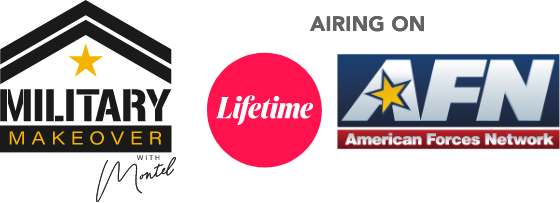
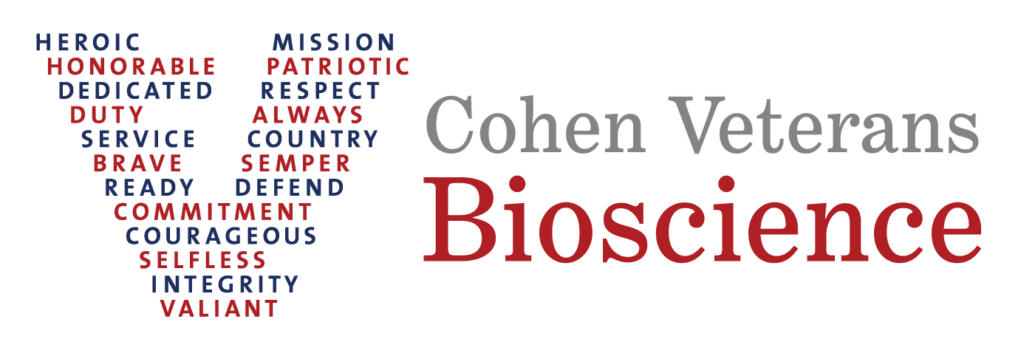
– U.S. Army Staff Sergeant Matthew Mitchell
While on deployment in Iraq, Matthew’s vehicle drove over an improvised explosive device (IED). The intense explosion and its aftermath left him with numerous injuries and PTSD. Matthew was awarded a Purple Heart for his service and sacrifice, but still lives with the physical and emotional scars from the traumatic event.
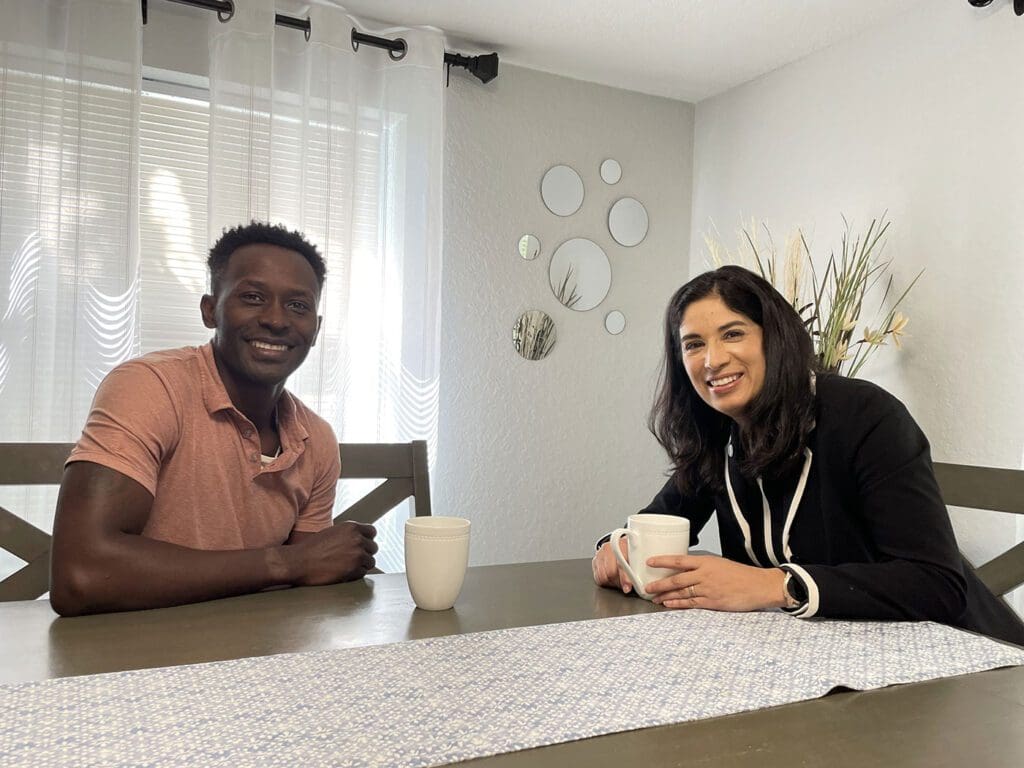
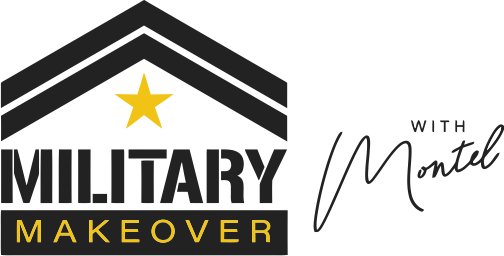
Cohen Veterans Bioscience is a non-profit 501(c)(3) biomedical research and technology organization dedicated to advancing brain health by fast-tracking precision diagnostics and tailored therapeutics. We are leading the way to cure “invisible wounds” for the millions of veterans, service members, first responders, and civilians who suffer from trauma-related conditions.
Our goal is to advance tailored treatments for PTSD and TBI so that a clinician can target the right treatment to the right person at the time when they need help most.

You represent the cause and others need to hear from you. We can’t do it alone and we need your help. Share your story: how it happened, who was affected, why you care and what gives you hope! You can practice until you are ready to save your story and submit it. Interested in learning more? Sign up and get email updates about the TBI Trailblazers Volunteer Network.
Cohen Veterans Bioscience is doing things differently. Our approach is to build enabling platforms with strategic partners and to adopt a team science approach to fast-track solutions in years, not decades.
We bring together the brightest minds and deploy the most innovative scientific tools with an emphasis on scale, risk-minimization, efficiency and speed to advance our understanding of PTSD and TBI. Through rigorous research and breaking down traditional silos, we’re working to bring more accurate diagnostic tests for PTSD and TBI to patients using big data, digital health and innovative technology to match patients to the right treatment.
Moving away from the one patient, one treatment approach.
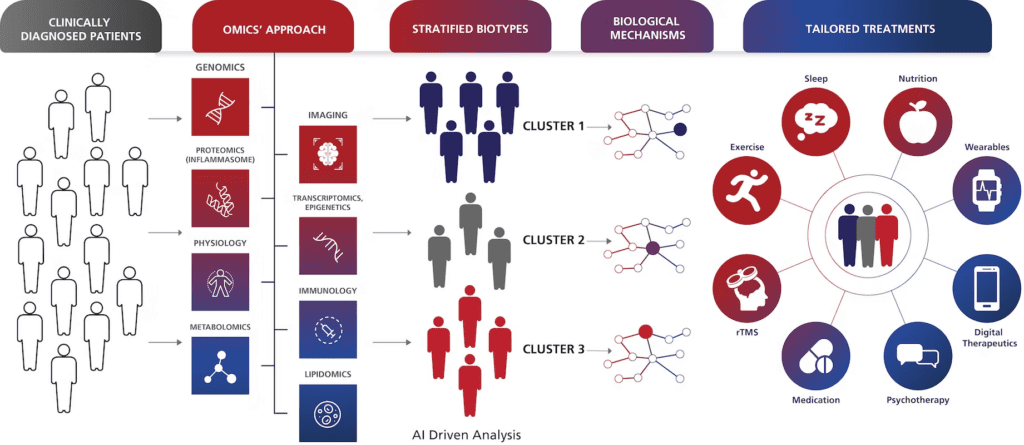
Our research and advocacy aim to improve the lives of all people who experience the effects of trauma by:

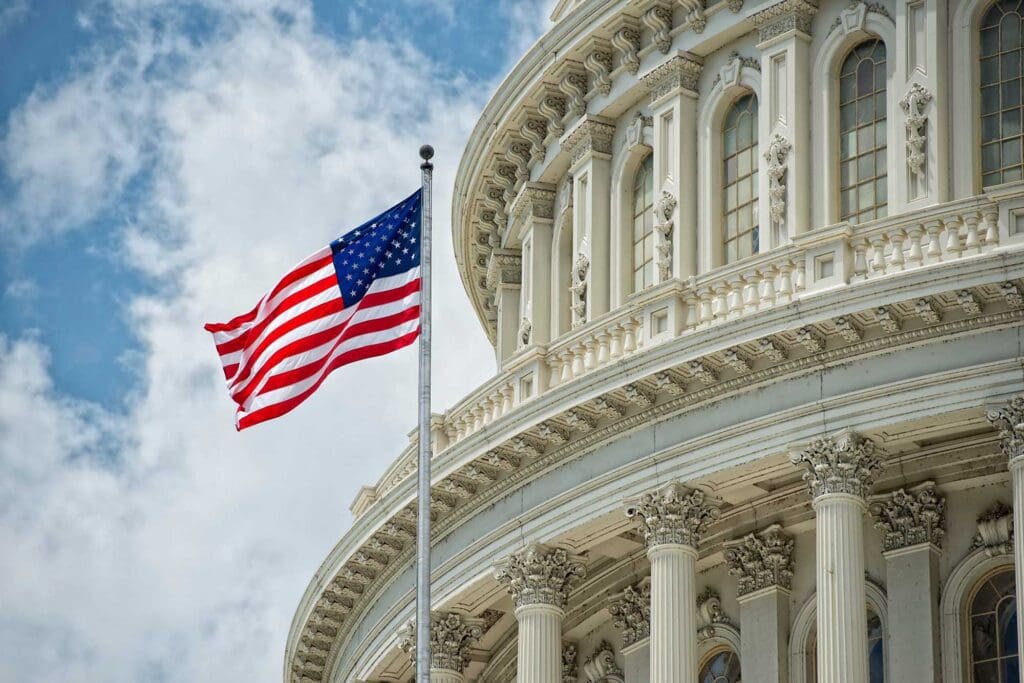
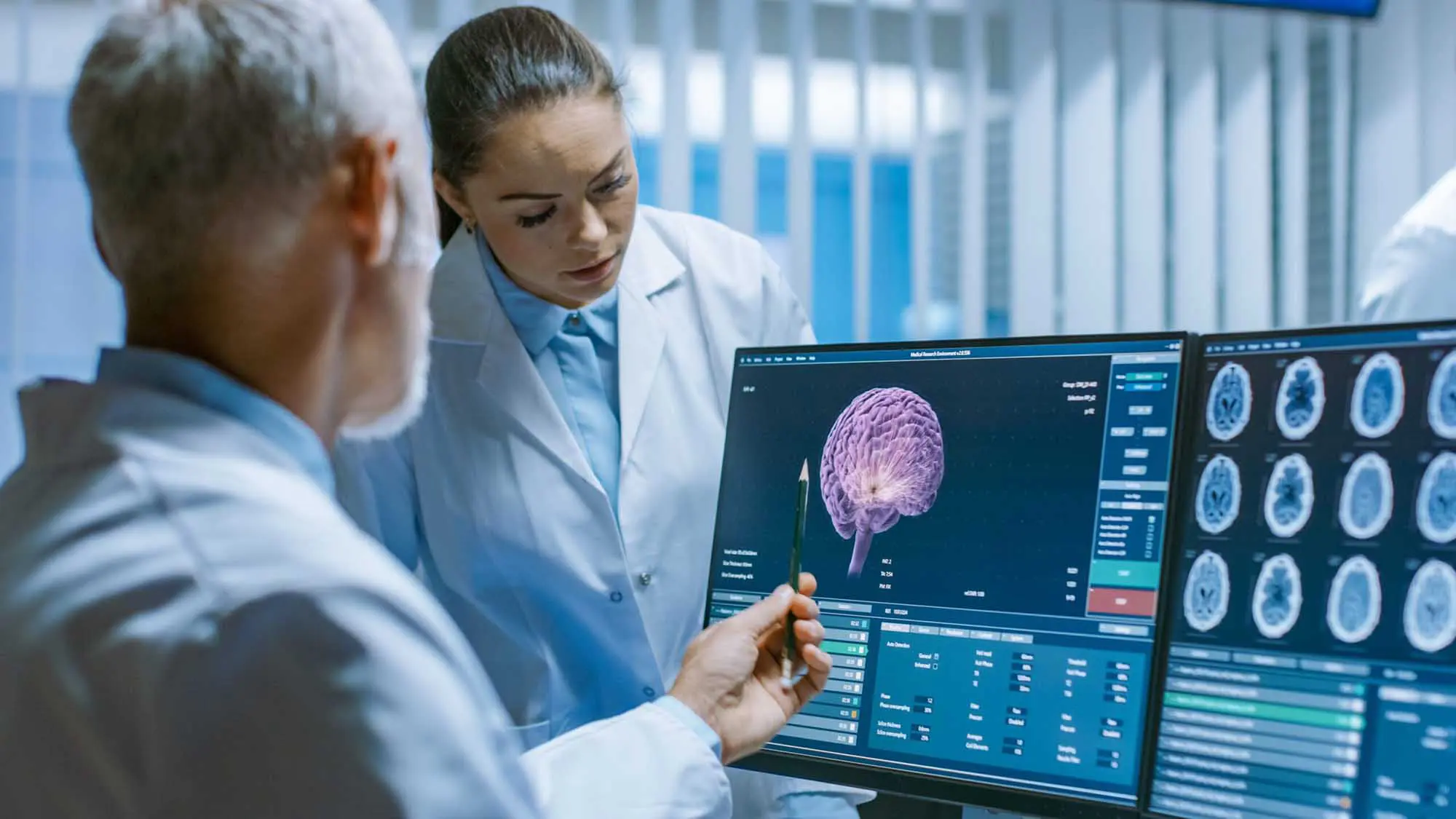
Our research to fast-track diagnostics and treatments for PTSD and TBI can be applied to advance solutions for other brain disorders.
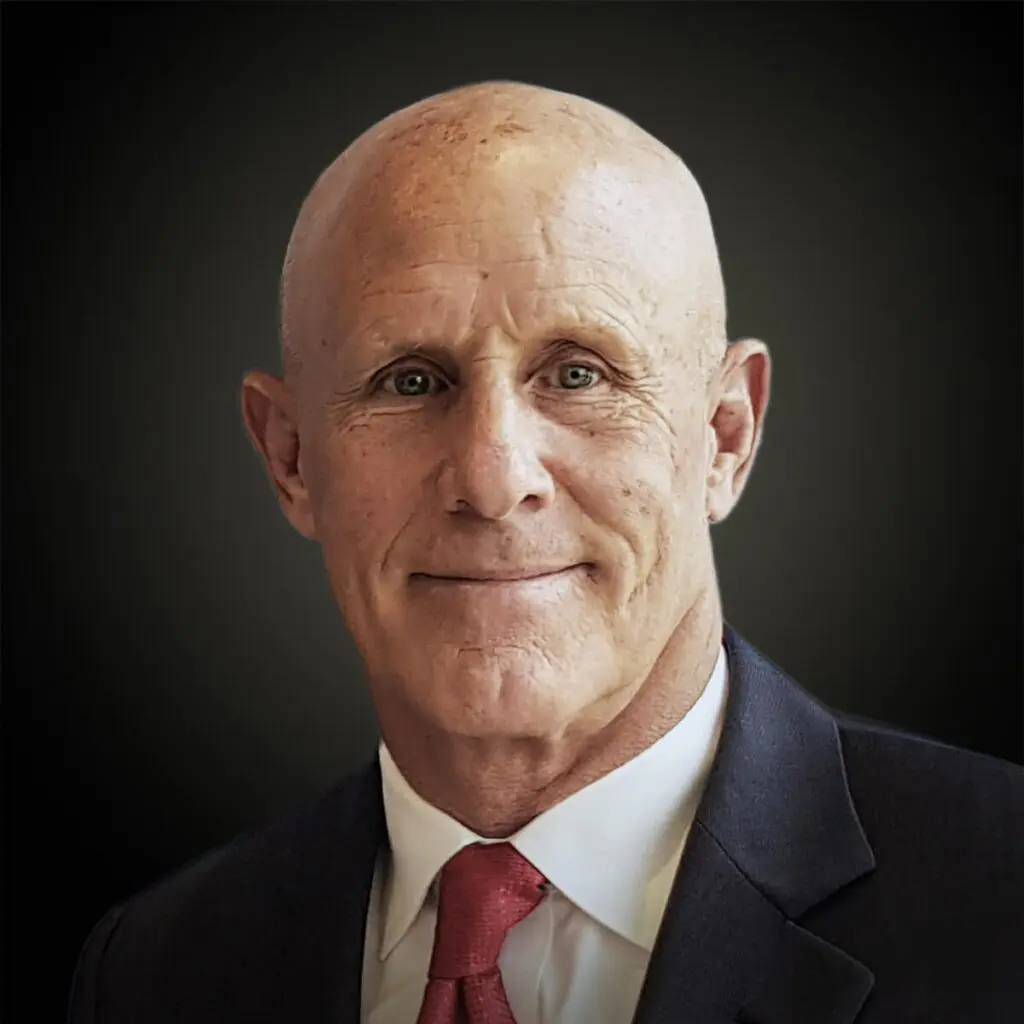
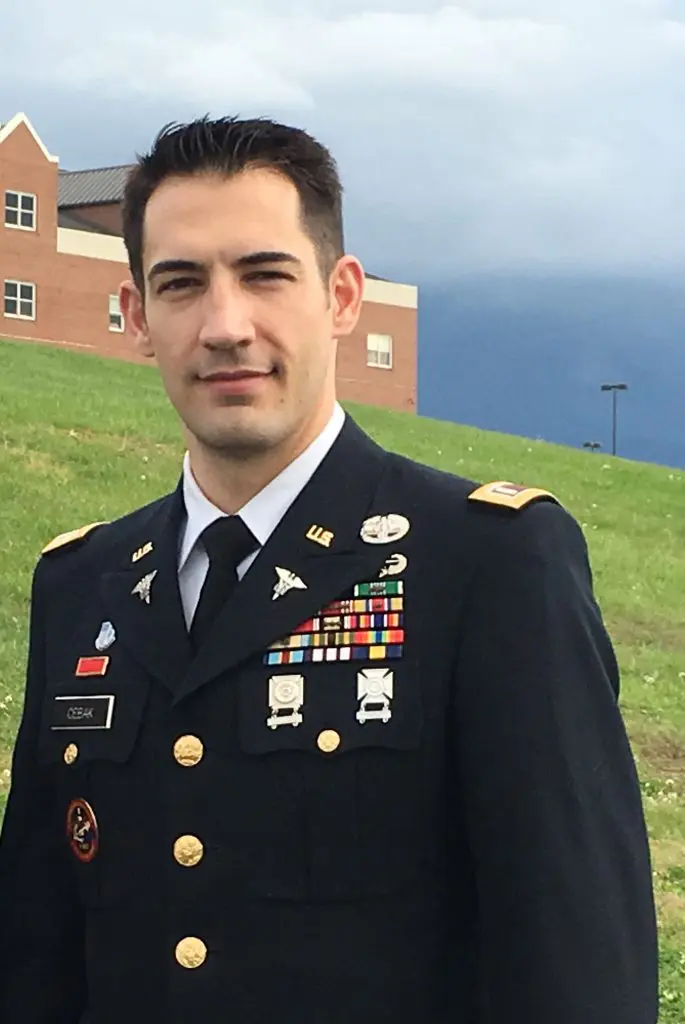




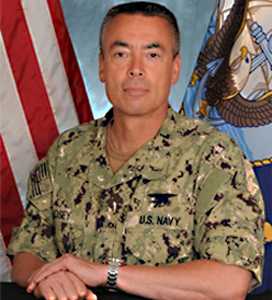
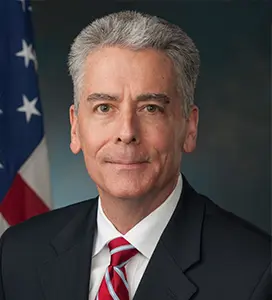
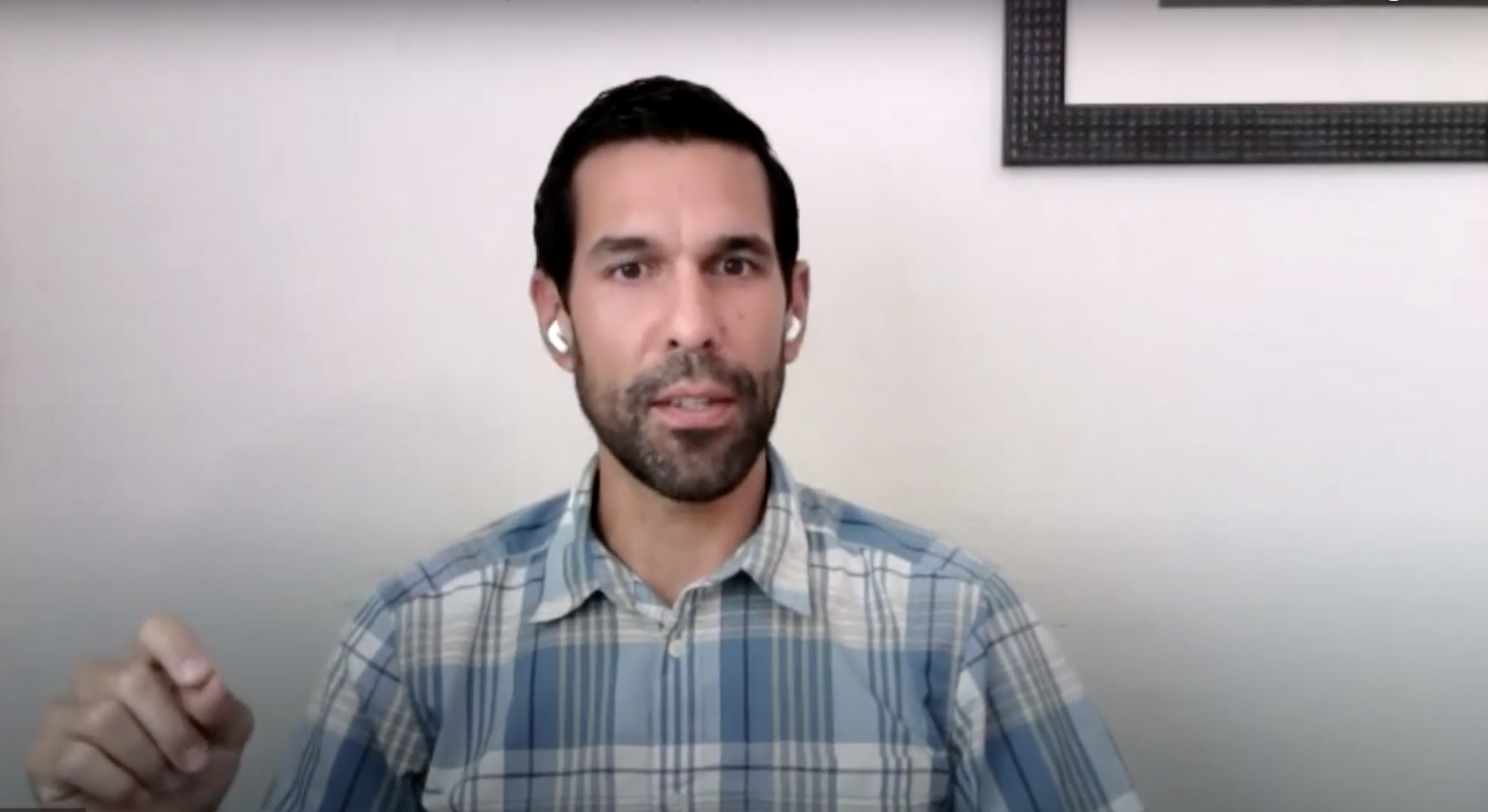
Hear personal stories from the Veterans of 22 Jumps, who are raising awareness of the need for better solutions for traumatic brain injury and post traumatic stress disorder to reduce the incidence of suicide.
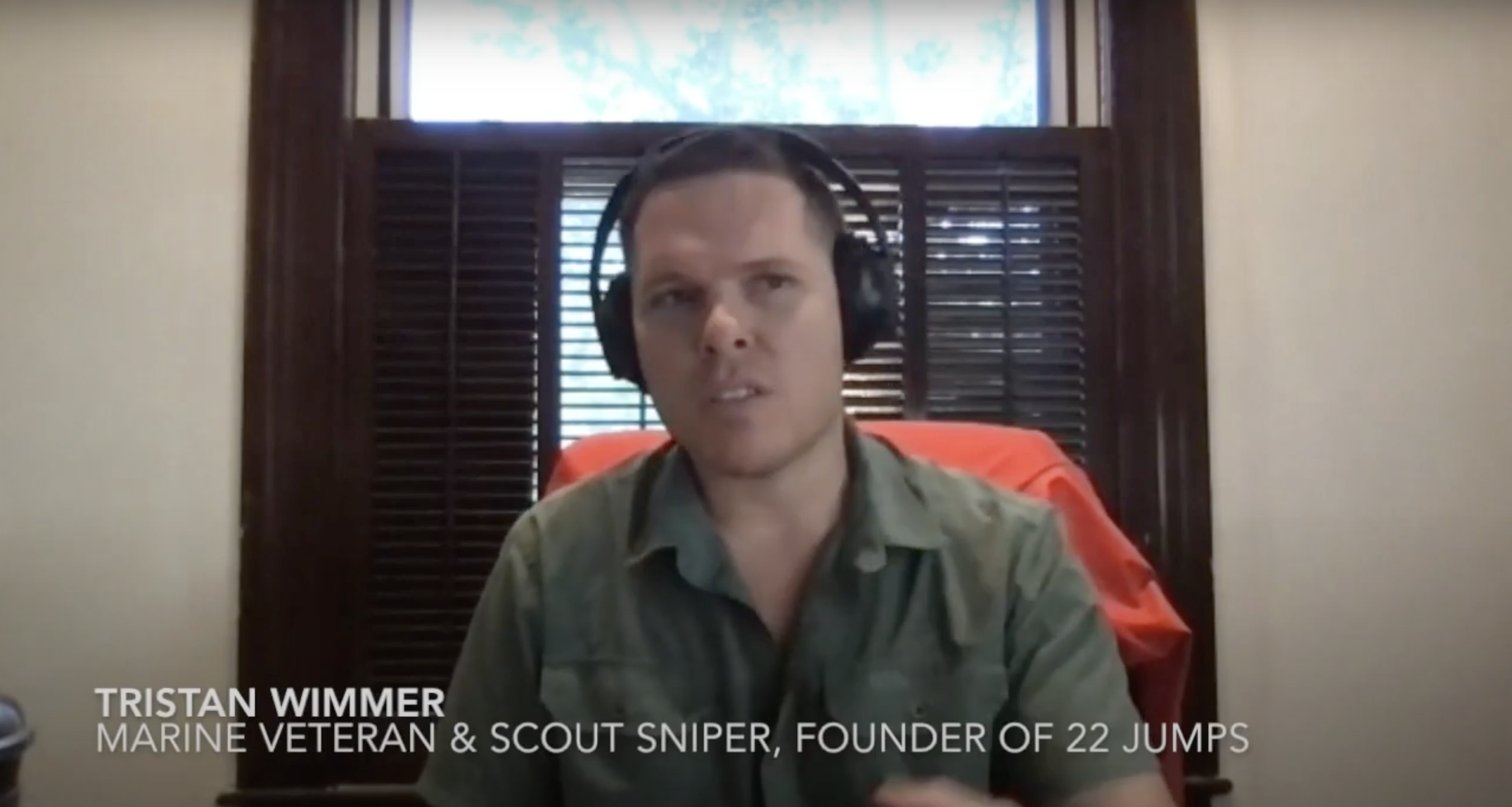
Watch the Veterans of 22 Jumps discuss what they would like to see changed to improve their mental health and why we need to advance diagnostics and treatment options for traumatic brain injury.





Every 5 seconds, a man, woman or child in the U.S. suffers a traumatic brain injury.

Approximately 6 in 10 men (60%) and 5 in 10 women (50%) will experience at least one traumatic event at some point in their lifetime.
Most people who experience a trauma won’t suffer from lasting negative effects. For some people, trauma can lead to changes in the structure and function of the brain, resulting in cognitive, physical, and emotional symptoms. Some of these symptoms may appear immediately after the traumatic event or brain injury, while others may be delayed, emerging months or years later.
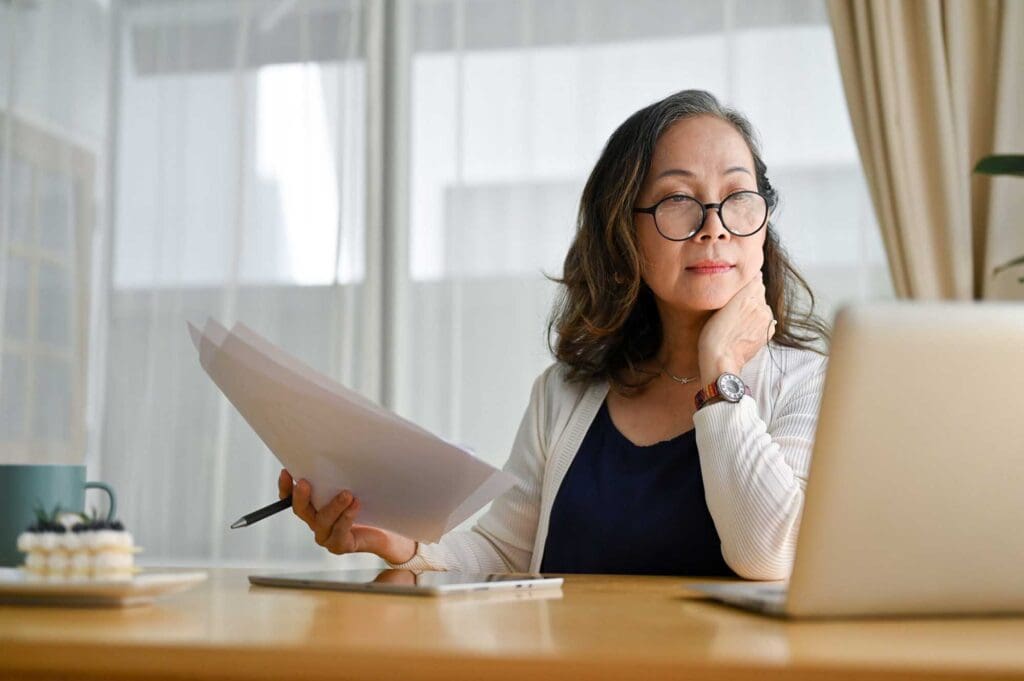

We diagnose both diseases based on symptoms — not biology — and we lack consistently reliable, evidence-based treatments. As a result, some people spend years waiting for a diagnosis that will explain their symptoms or cycle through numerous treatments without finding relief.
Like many brain disorders, progress toward definitive diagnoses and effective treatments for PTSD and TBI has been hampered by the lack of understanding of the complex underlying biology, variations in clinical presentation from one patient to the next, and the high comorbidity with other disorders.
Cohen Veterans Bioscience is doing things differently. We bring together the brightest minds and deploy the most innovative scientific tools to bring about progress in years, not decades.
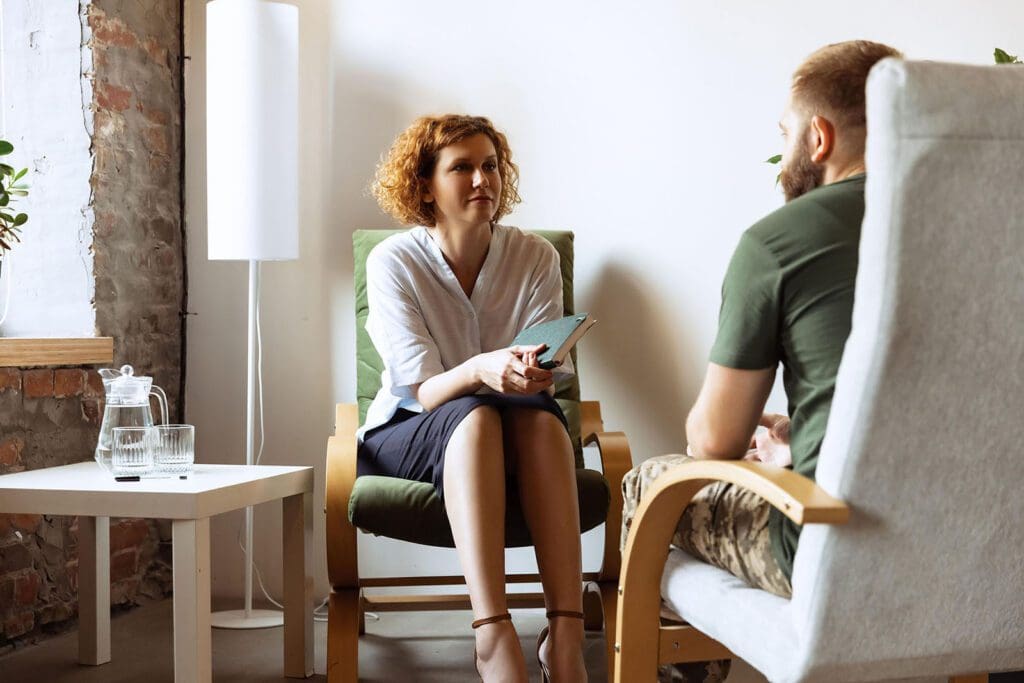
Our research and advocacy aim to improve the lives of all people who experience the effects of trauma by:
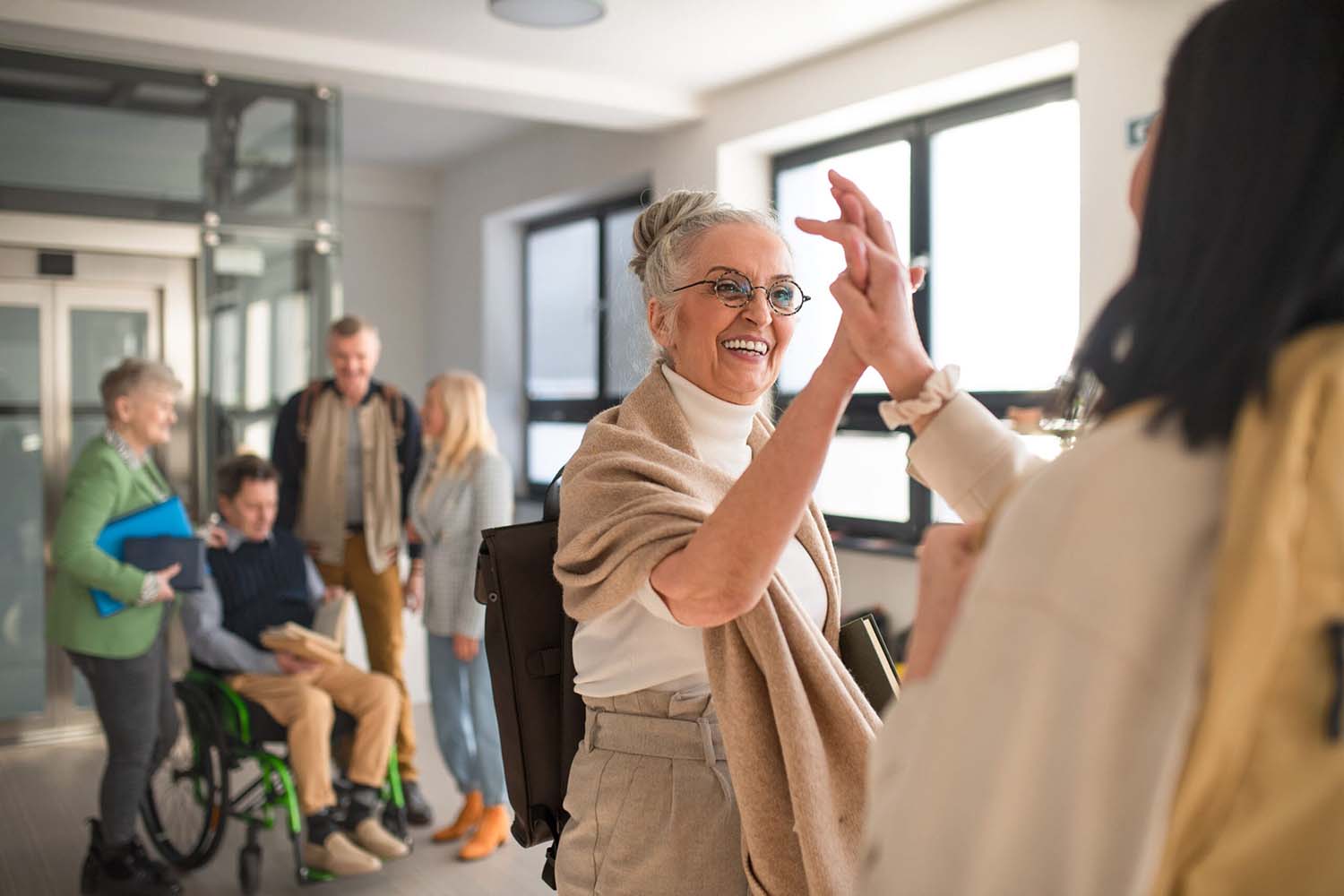
Our research to fast-track diagnostics and treatments for PTSD and TBI can be applied to advance solutions for other brain disorders.

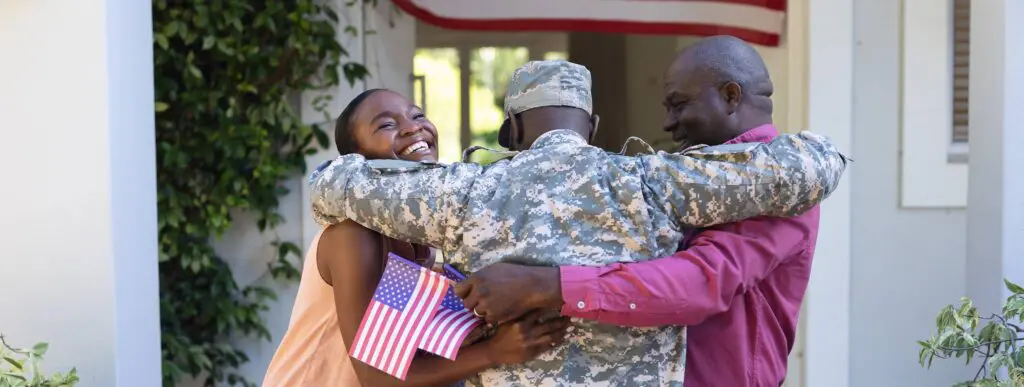
Cohen Veterans Bioscience (CVB) is a non-profit 501(c)(3) public charity research organization and does not offer medical advice. CVB encourages you to seek medical advice from a physician or healthcare provider if you have questions regarding a medical condition, or to call 911 or go to the nearest hospital if you find that you or someone you are concerned about is in an emergency situation.
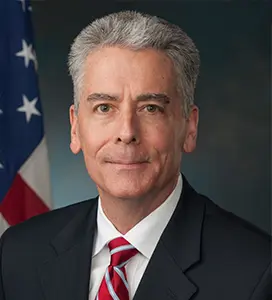
The invisible wounds are not invisible to those that struggle with them every day or their families. They are invisible to the rest of us and to the system that is blind to them and has failed to aggressively pursue the answers.
These brave men and women voluntarily stepped up on the line to serve this great nation with the goal of protecting our freedoms… many have gone into harm’s way at personal expense and sacrifice. We cannot leave any more of them behind. It is our national obligation to support those who have come home with both visible and invisible wounds.
– Frank Larkin
Chair, Veterans Advisory Council
Cohen Veterans Bioscience is advancing the scientific understanding of the invisible wounds
Our research and advocacy aim to fast-track the science and improve the lives of Veterans and service members living with the invisible wounds by:
Advancing our understanding of TBI and PTSD through rigorous research, including discovering genetic factors and building predictive data models.
Fast-tracking the development of easy-to-use diagnostic tests and guidelines to diagnose TBI and PTSD quickly and accurately.
Advancing research that can help match patients to the most effective treatments, including wellness, digital health, drug and device approaches.
Advocating for policies that prioritize brain trauma solutions for Veterans at the federal, state, and local levels.
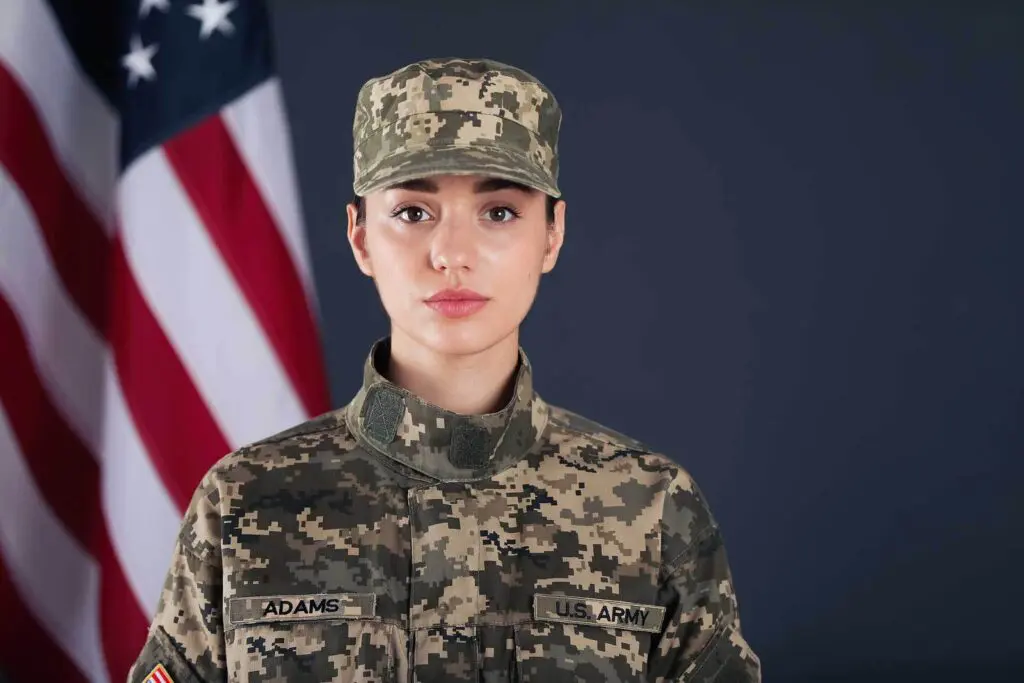
Join the fight to help advance diagnostics and treatments for brain trauma
Across the country, Veterans, first responders, and everyday heroes are using their hobbies and passions to help fund our transformative research.
A Marine Veteran brings hope to individuals and families affected by TBI and suicide.
After Marine Veteran Tristan Wimmer lost his brother and fellow Marine to suicide, he founded 22 Jumps to honor him and all Veterans whose lives are cut short by suicide. 22 Jumps is a series of fundraising events where Veterans and others BASE jump 22 times in a single day in honor of the 22 Veterans who die by suicide each day. The funds from these events help advance solutions for TBI.
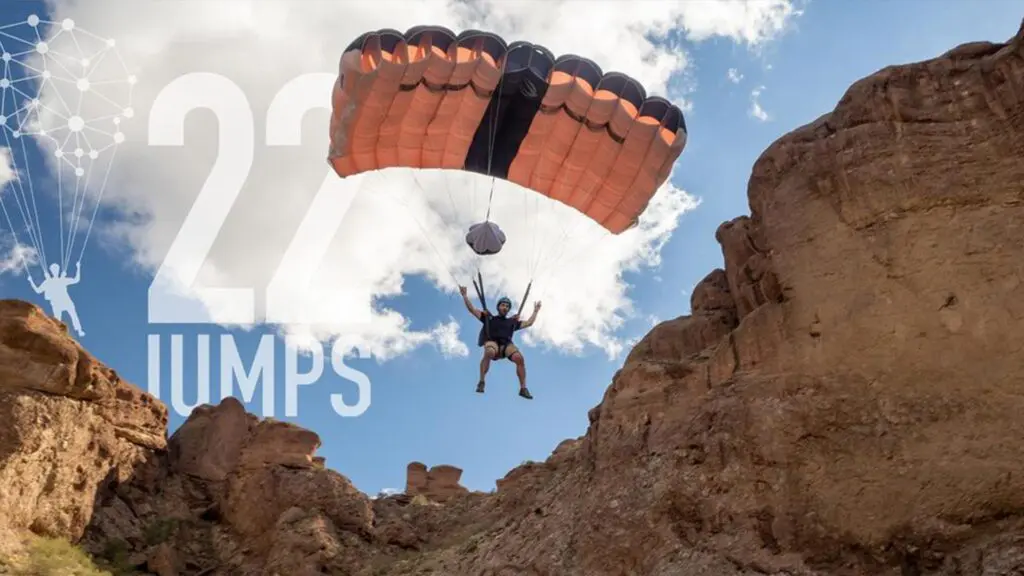
Cohen Veterans Bioscience (CVB) is a non-profit 501(c)(3) public charity research organization and does not offer medical advice. CVB encourages you to seek medical advice from a physician or healthcare provider if you have questions regarding a medical condition, or to call 911 or go to the nearest hospital if you find that you or someone you are concerned about is in an emergency situation.
Cohen Veterans Bioscience is a non-profit 501(c)(3) biomedical research and technology organization dedicated to advancing brain health by fast-tracking precision diagnostics and tailored therapeutics.
Cohen Veterans Bioscience is a non-profit 501(c)(3) biomedical research and technology organization dedicated to advancing brain health by fast-tracking precision diagnostics and tailored therapeutics.
©2023 Cohen Veterans Bioscience | Privacy Policy | Terms of Use
